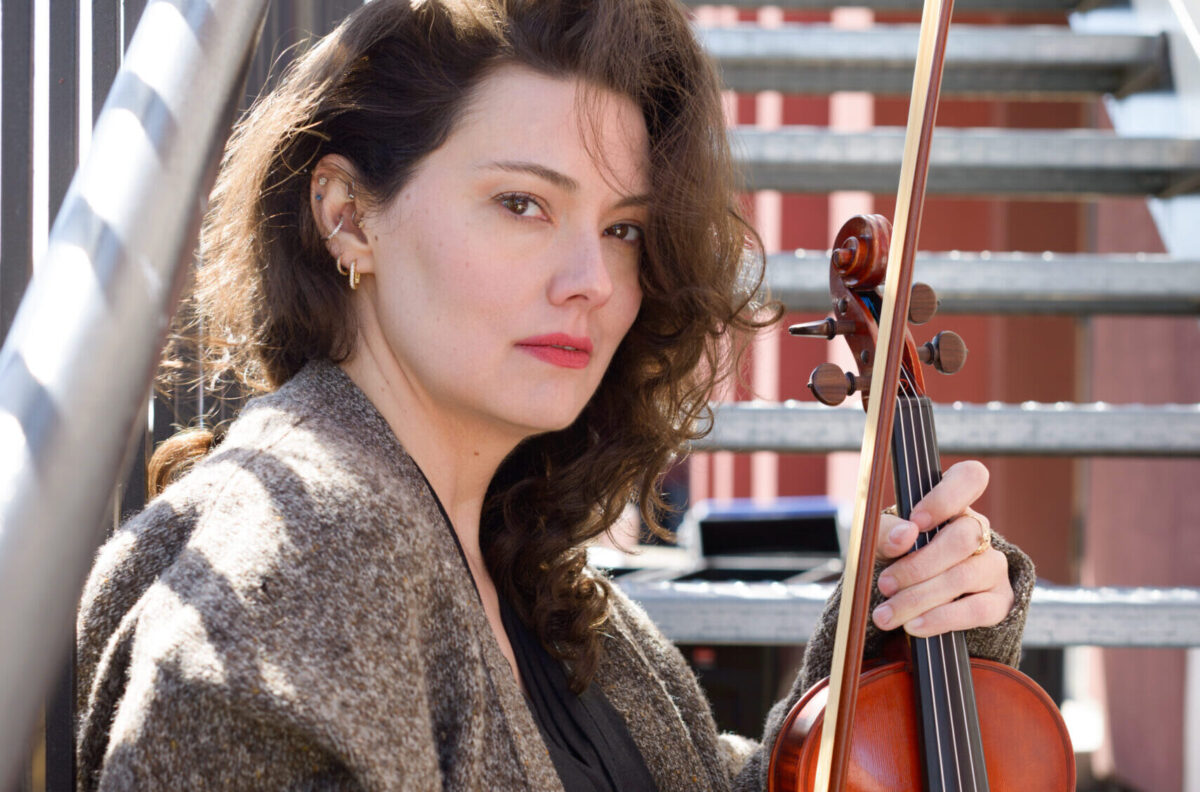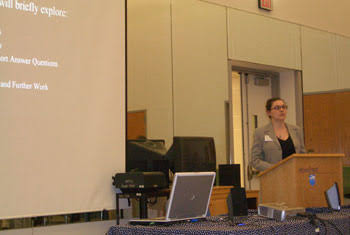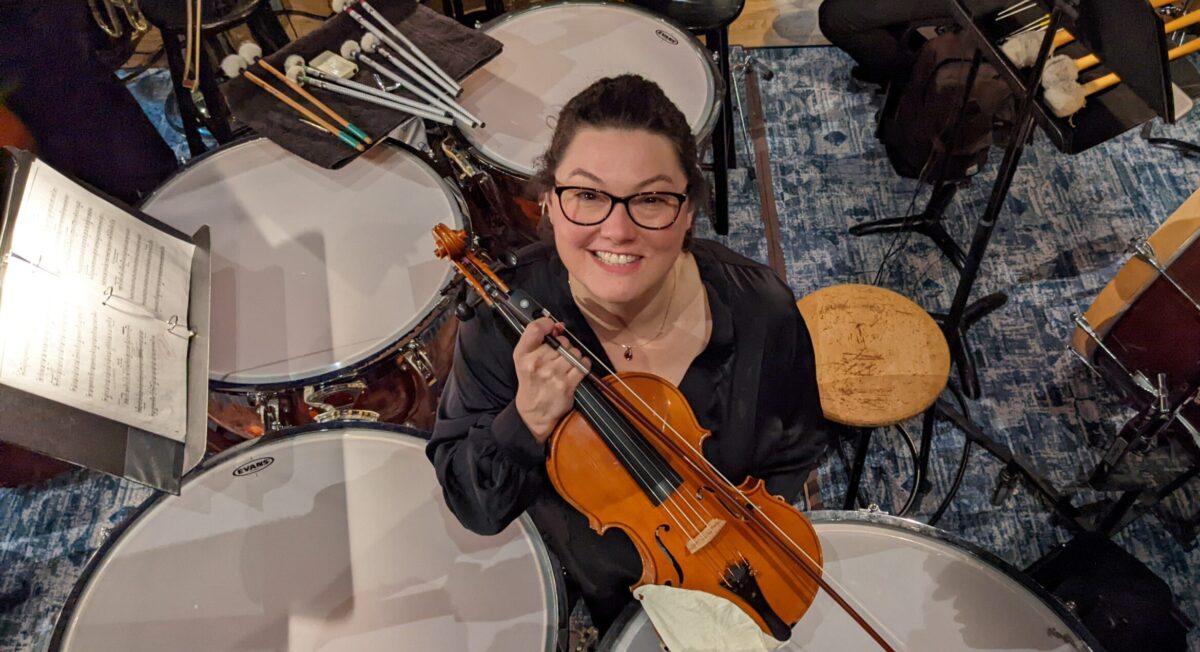Stories We Tell Ourselves
jess ingrassellino, October 2020
content warning: attempted suicide, depression, inpatient hospitalization
… and there’s this idea that the stories
we tell ourselves are the stories others
believe…
A woman calls her daughter, cigarette
dangling between her yellowed fingers,
turning to ash faster than she can smoke.
She is my mother, and today, she’s called to
tell me she wants to die. I’ve heard it all before,
but against my better judgement, I listen.
“Of course, you wouldn’t understand,” she says.
“You wouldn’t know what this is like.”
But, go back. Go back ten years, and I am in
Zucker Hillside Hospital, Lowenstein 5, a woman
trying again and again and again to die.
I was so very angry then.
I am waiting for a phone call, call that
won’t come, from the black phones on the wall
(they don’t dial out), my right foot a metronome
keeping time with the pace of my thoughts.
I’ve always been a good talker.
Last year, I convinced them I was okay.
Six months ago, more of the same. But
this time isn’t the same. I’m trying to play my
game, telling them I’m ready, that I want to live.
They’ve heard it all before; this time,
they won’t let me leave.
There’s a record now, a blue vinyl binder
on a cart with other binders, blue and green, each
thick with the pain of past lives. My name is written on
a piece of masking tape stuck crooked on the back of the
binder; they pull mine from the shelf as the nurses aide
closes the door of the meeting room that’s
hiding behind all the locks.
I sit around the breakfast table with
five strangers become friends, trading my box of
cheerios for another hard-boiled egg, my milk for
an extra butter. These are the economics of an
inpatient hospitalization unit. Last night, they brought a
cake for my birthday and sang. This morning, I take the
hard-boiled eggs and butter, mash them up, and enjoy a
makeshift bacon-egg-and-cheese.
We sit after breakfast, before group, fantasize about
“getting out”; we don’t realize that inside this
asylum, the only prison is our minds.
So when my mother tells me I can’t possibly
understand, the anger comes again
(I was so angry then).
My heart is pounding, faster. I swallow the
urge to yell, breathing deep as I make the
left turn onto Oceania street.
“You wouldn’t know what I understand about
being in a mental hospital; you’ve never asked.”
She’s defensive now, her voice building walls,
but I’m justified. I waited ten years to speak my
peace like I waited on the cold dormitory bed,
reading alone with one ear on the black
phone at all times.
Parents come to the unit, waiting awkwardly for
the aide to buzz them through the locked door.
My stomach is in knots: rage, sadness, jealousy.
People without visitors, people like me, are
required to remain in our rooms for two hours
following dinner each night, left to feel we’re fragile,
broken, just because we want to be loved.
But today, my mother is crying, digging her heels in,
defending her lack of concern. All the terrible things
that happened to her happened to me, but
only one of us can forgive. And like every other
challenge to her carefully constructed narrative,
my story is the chapter she’s deleted from her
fiction. She’s replaced me with who she needs to be
to survive herself.
I hear her take a long drag on another cigarette, I
know those knotted hands are trembling with
anxiety and anger. She’s ugly when confronted; I’m
ugly when she refuses to hear me. We dance around
our truths, embracing the stories we tell ourselves
about how we live.





